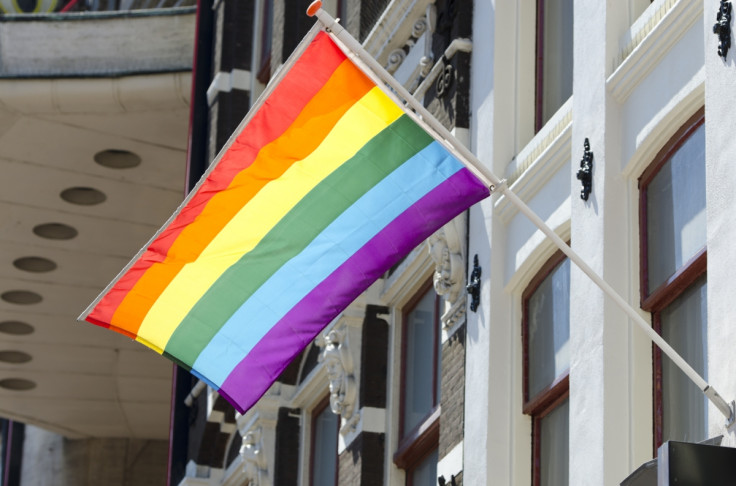Anti-Bullying Week 2015: homophobic, biphobic and transphobic bullying is still an issue in the workplace

You would hope that as adults, we would have left bullying behind in the playground. From name calling through to physical attacks, it surely wouldn't carry through to the workplace, where we go to earn a living? Unfortunately, this couldn't be further from the truth.
For thousands of adults, life in the workplace is a miserable experience because of bullying. It takes many forms, but in the broadest senses means offending, persecuting or excluding someone. Bullying at work remains a significant problem for LGBT (lesbian, gay, bisexual and transgender/transexual) people. Stonewall's report Gay In Britain (2012) revealed that one in five LGB employees had experienced verbal bullying in the workplace, while one in eight would not feel confident in reporting bullying in their workplace.
While we hope that this picture has improved in the three years since the report, there is no room for complacency. The conversations we have with the 750 plus members of our Diversity Champions programme reveal that homophobic, biphobic and transphobic bullying is still an issue in the workplace, no matter what the industry or at what level.
It is vital that organisations recognise targeting of LGBT staff as a specific form of bullying. At Stonewall, we recommend that your relevant policies should not only communicate a zero-tolerance approach, but also explicitly include examples of what bullying on the grounds of sexual orientation and gender identity looks like. Staff members who deal with bullying complaints should undergo training that specifically covers incidents of this type of bullying.
So what is the difference between bullying and banter? It is an often asked question and the claim of "banter" is an often used excuse. This is why it is so important to provide examples of what constitutes bullying and one of these should be "engaging in banter or making jokes which are degrading to a person's sexual orientation or gender identity, or perceived sexual orientation or gender identity." What is funny to one person could be very hurtful or intimidating to another. In terms of language, use of the word "gay" as a substitute for "rubbish" (as in "That's so gay") should be made clear as unacceptable.
In addition, we advise that all staff receive training on diversity and inclusion issues. Employees should be taught not only to respect differences, but also to celebrate differences. This will help to foster an organisational culture where sexual orientation and gender identity equality is a familiar concept and where LGBT staff feel able to fully participate. And celebrating diversity will strengthen the message that no form of discrimination is tolerated.
Bullying is the enemy of diversity and consequently, business performance and profits. Quite simply, companies with more diverse workforces perform better. This is borne out through many pieces of research, including that conducted by McKinsey (Diversity Matters, February 2015). By not challenging unacceptable behaviour and not effectively implementing your Anti-Bullying Policy, you are putting your diverse culture at risk and ultimately your business itself.
You can make a difference. Commit to not being a bystander. If you witness behaviour that you consider to be bullying or harassment, take action. If you hear someone in the office use unacceptable language, challenge it.
NoBystanders is Stonewall's campaign to end bullying and discrimination by empowering others to challenge all forms of bullying when they can. Sign now and pledge not to be a bystander.
Because it will help your business to perform better.
Because it will make for a more pleasant office environment.
And because it's the right thing to do.
Joey Hambridge is Account Manager at Stonewall www.nobystanders.org.uk
© Copyright IBTimes 2025. All rights reserved.




















